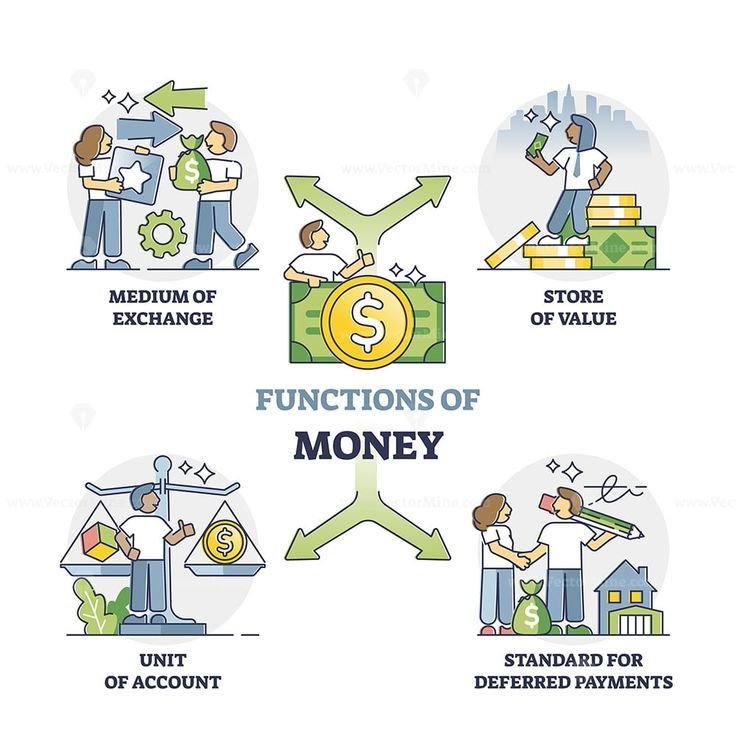One of the most overlooked aspects of living abroad is currency exchange. Many digital nomads obsess over cheap flights, co-working spaces, or visa runs,but quietly bleed hundreds (sometimes thousands) of dollars a year because they don’t understand how money moves across borders.
The difference between a tourist and a true global nomad often comes down to how well they manage their money in different currencies. And mastering this skill is what separates the average traveler from the smart nomad.
1. The Hidden Tax of Ignorance
Banks and airport kiosks love uninformed travelers. Walk up to an exchange counter without doing your homework, and you could lose 5–10% of your money instantly in hidden fees and unfavorable rates.
A $1,000 withdrawal at a bad rate could mean walking away with only $900 worth of value.
Repeat this monthly, and you’ve thrown away the equivalent of a plane ticket or a month’s rent in Medellín, Bangkok, or Budapest.
Smart nomads see this for what it is: a silent tax on the uninformed.
2. Arbitrage Isn’t Just for Wall Street
In some countries, exchange rates fluctuate dramatically between the official bank rate, the market rate, and the “street rate.” A classic example is Argentina, where the blue dollar rate can give you 30–50% more pesos than the bank will.
A careless nomad swipes his U.S. debit card and pays inflated prices.
A savvy nomad arrives with USD in cash or uses Western Union transfers at local market rates, effectively doubling his purchasing power.
This isn’t about trickery,it’s about understanding the economic rules of the country you’re in.
3. Multi-Currency Banking Is the New Superpower
The smartest nomads don’t rely on one bank card. They build a toolkit of financial weapons:
- Wise (formerly TransferWise) for low-cost transfers.
- Revolut or N26 for multi-currency wallets.
- Charles Schwab or HSBC for global ATM withdrawals with minimal fees.
These tools let them pay in the local currency, avoid conversion fees, and move money across borders at interbank rates. The difference between paying a 3% “foreign transaction fee” and paying zero is massive when scaled over years of travel.
4. Inflation and Devaluation: The Invisible Forces
If you’re living in Turkey, Argentina, or Nigeria, inflation is not an abstract concept,it’s daily life. Knowing how local currencies behave can protect you from sudden losses.
- Store your savings in a stable currency (USD, EUR, CHF).
- Spend in the local currency.
- Hedge by diversifying accounts across multiple countries.
A smart nomad doesn’t just chase lifestyle arbitrage,he learns how to shield his wealth from currency chaos.
5. Negotiation and Respect Come from Currency Awareness
Even in day-to-day life, locals respect foreigners who understand the value of money in their terms.
Tip in the right amount, not the inflated “tourist price.”
Pay attention to exchange rates when negotiating rent, tours, or long-term services.
Being financially literate in local currency shows that you’re not an easy target. It earns you respect and deeper trust in communities abroad.
6. The Psychological Advantage
Smart nomads don’t feel “nickel-and-dimed” every time they pull out their wallet. They know the value of what they’re paying for, and that financial confidence translates into peace of mind. Instead of stressing over being cheated, they focus on experiences, business, and personal growth.
Final Word
Smart nomads separate themselves from tourists by mastering money. Currency exchange knowledge is not optional,it’s survival. Whether you’re working remotely from Bali, dating in Eastern Europe, or investing in Latin American real estate, understanding how money moves across borders determines whether you thrive abroad or get quietly drained by hidden costs.
The lesson is simple: flights and visas get you there, but currency wisdom keeps you there.













